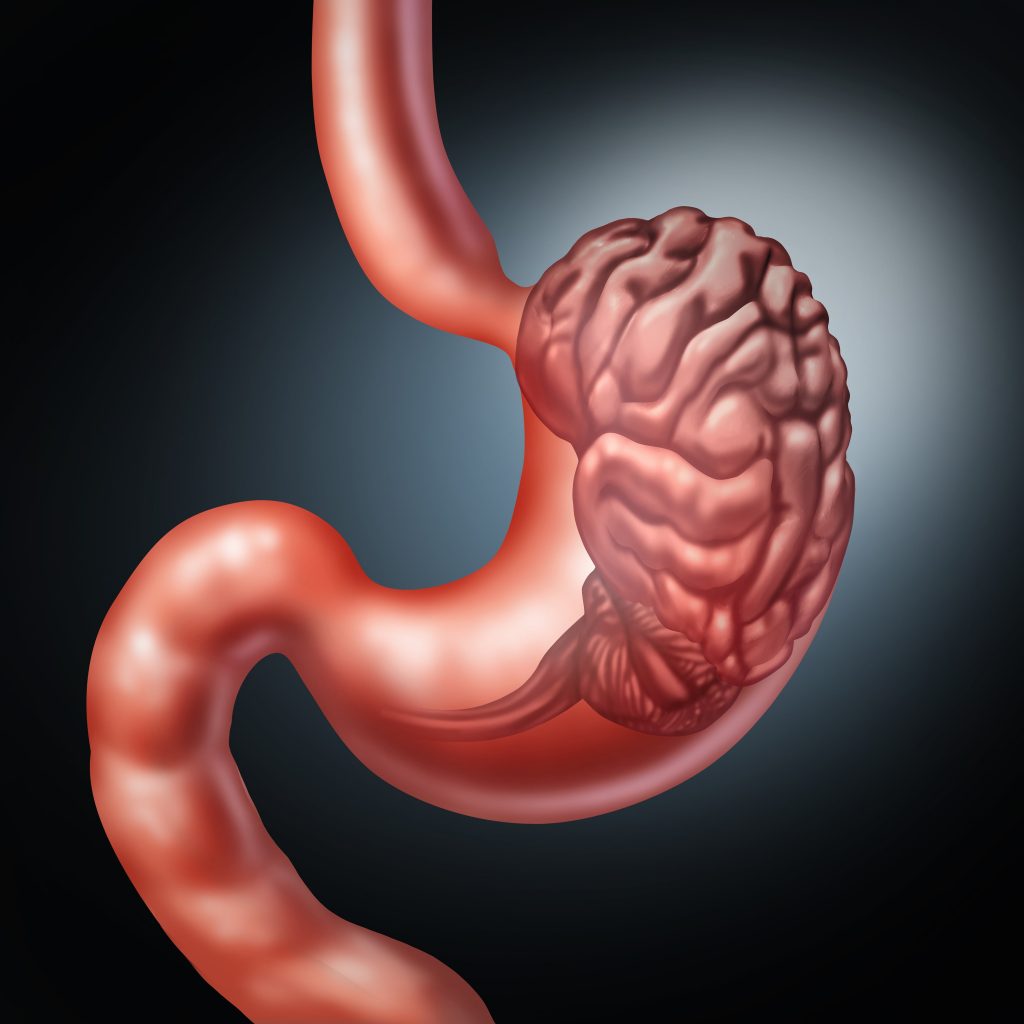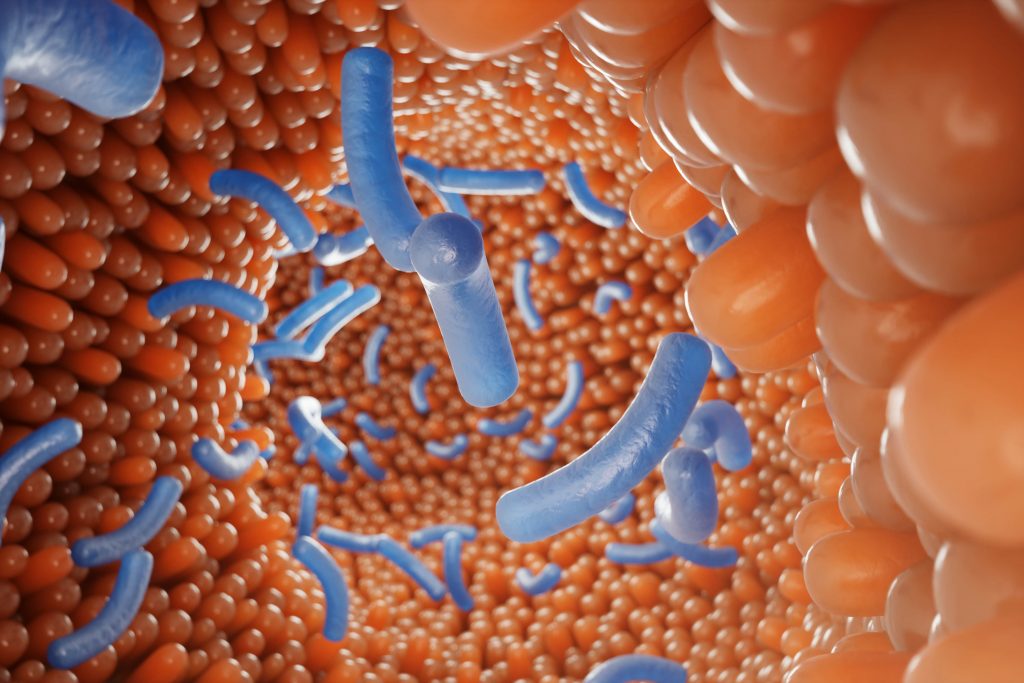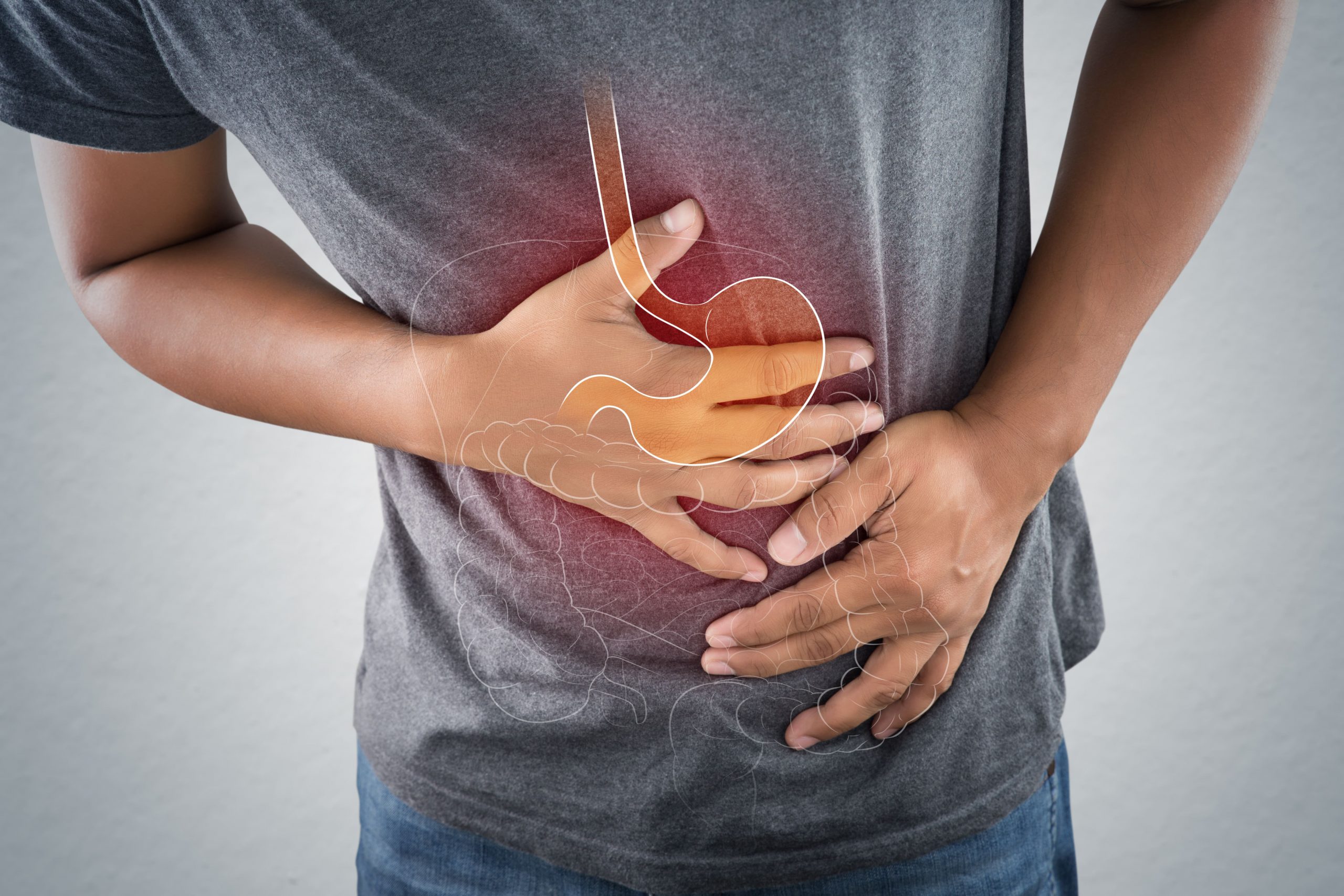Irritable Bowel Syndrome, or IBS, has become the go-to, catch-all diagnosis for any digestive complaints that don’t have an obvious cause/solution. However, the types of IBS causes and solutions vary from patient to patient.
Common IBS Symptoms Include:
To put it simply, IBS refers to a dysfunctional digestive tract. So, if you or your child have been given this diagnosis, it is likely that you were told the same generalized advice;
“It is stress related and to resolve it you need to better manage your stress.”
Sadly, this is very common response and often doesn’t fully help the problem. Now, I agree that stress is absolutely a big factor in IBS, however it is not the ONLY factor. In fact there are 3 which we need to consider to accurately treat IBS.
3 Major Contributing Factors To IBS
- Stress
- Unbalanced Microbiomes
- Food Sensitivities

Stress Versus Rest And Digest
To understand IBS, we need to understand the basics of digestion which is;
digestion occurs when we are at a RESTED state
To be more specific, it occurs when we activate our parasympathetic nervous system (PNS) a.k.a. rest and digest. This is our recovery mode where we nourish and repair our systems.
The PNS sends cues to activate proper digestion such as:
- Producing stomach acid
- Releasing digestive enzymes
- Activating intestinal movement
These are all essential to break down food properly. The PNS is in direct opposition to our sympathetic nervous system (SNS). Or in other words, fight or flight.
Our SNS is activated when we are under stress. Biologically, our stress response was designed to respond to physical threats (i.e. running from or fighting off predators). Therefore, our SNS directs all energy to our:
- Heart
- Lungs
- Muscles
And slows down “non-essential” functions such as digestion and reproductive function, which of coarse makes sense. Think about it, if you are running from a bear, you don’t need to be digesting your last meal at the same time?
However, the issue is that our current stressors usually are not physical in nature. Therefore, this response is no longer well- adapted. For example, if you get stressed at your morning meeting, you will likely not able to digest your lunch properly.
Why? Well, when we are chronically stressed and chronically activating our SNS, we lose proper cues to the digestive system. Therefore it is unable to function optimally. In other words, we aren’t able to break down our food properly and end up with:
- Gas
- Bloating
- Constipation
- Diarrhea

Balanced Microbes
You cannot have a conversation about IBS without talking about the microbiome. The microbiome are the trillions of bacteria, viruses, and other micro-organisms that live in our body. Especially our digestive tract. They play crucial role in active digestion as well as being involved in mood regulation signalling.
When it comes to our microbiome, we are mostly concerned about maintaining proper balance. The ratio of different microbes in our gut directly influences our digestive functioning.
Therefore, too much or too little of specific microbes, will throw off proper functioning. So, if the digestive system is not functioning optimally, undigested foods will be consumed by our microbiome producing excessive amounts of gas (i.e. bloating).
Balancing the microbiome is key for effective treatment of most types of IBS symptoms. This might include anti-microbial treatments, probiotics, and specific diets.
To learn more, click here to check out my previous article, What’s The Big Deal About Probiotics?

Food Sensitivities
Our food choices are crucial when it comes to our health. This is especially true when it comes to digestion. When you are dealing with a dysfunctional digestive tract, there are certain foods that are more difficult to digest and thus cause further issues. People with IBS are also more sensitive to certain foods.
Now, food sensitivities are very different from food allergies. However, they are both immune reactions.
Food allergies cause big inflammation throughout the body such as hives, itching, and anaphylaxis. Where as food sensitivities cause small amounts of inflammation specifically in the digestive tract. This irritates our intestinal lining which can cause constipation, diarrhea, and discomfort.
The Most Common Food Sensitivities In Most Types Of IBS
- Gluten
- Dairy (especially milk, cream, and soft cheeses)
- Foods high in preservatives (i.e. prepackaged granola bars, crackers, yogurt)
- Foods high in FODMAPs or Fructose
Eliminating these foods on a trial basis while providing support to eliminate the inflammation and damaged caused, is a key step in treating IBS. Quite often you can significantly reduce the number of food sensitivities you have through this temporary elimination when it come to these types of IBS symptoms.
Final Thoughts
IBS is both chronic and complex. There is no quick solution thus several different treatment approaches are available. However, with the proper guidance and support, it is possible to live without daily gas, bloating, and pain.
A functional treatment approach to IBS should always include:
- Lowering stress and activating the parasympathetic nervous system
- Restoring microbiome diversity
- Eliminating food sensitivities.
If you’re looking for start taking action today, download my free guide to Beat Bloating in 7 Steps. These are my foundational steps to start re-training your digestive tract and gain control over your IBS.

